
7 Essential Leaves to Naturally Improve Your Eye Health
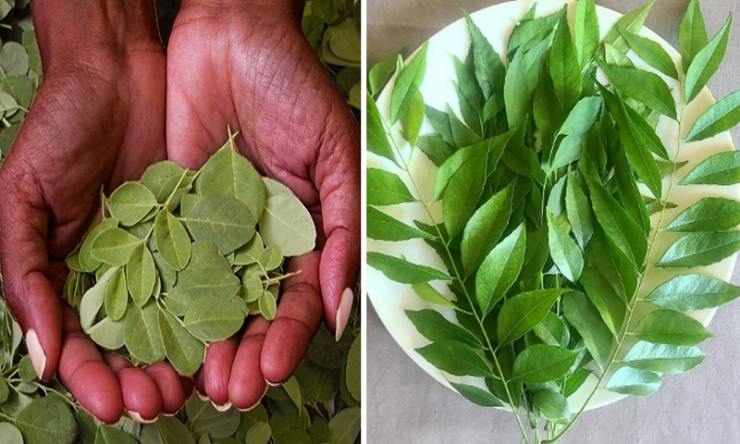
7 Powerful Medicinal Leaves That Naturally Boost Eye Health
Your eyes are among your most precious organs — windows to the world that deserve real care. While screen breaks, blue light filters, and proper lighting help protect your vision, nature itself offers a hidden arsenal of support. Many medicinal leaves are loaded with antioxidants, vitamins, and anti-inflammatory compounds that nourish the eyes, enhance visual clarity, and even help prevent issues such as dryness, fatigue, or age-related macular degeneration.
Below are 7 incredible leaves you can easily include in your meals or herbal routines to keep your eyes radiant, healthy, and bright — naturally.
1. Curry Leaves (Murraya koenigii)
Why they help:
Curry leaves are an outstanding source of vitamin A, a nutrient essential for maintaining a healthy cornea and preventing night blindness. They’re also rich in antioxidants that shield the retina from oxidative stress, reducing long-term damage that can lead to vision decline. Some studies even suggest that curry leaves may improve the overall strength of eye tissues and slow age-related deterioration.
How to use:
Toss a handful of fresh curry leaves into soups, stews, or stir-fries. You can also blend them into smoothies or steep them in hot water for a rejuvenating herbal tea that supports both digestion and eye wellness.
2. Basil Leaves (Ocimum basilicum)
Why they help:
Basil isn’t just for flavor — it’s a vision booster. Packed with vitamin A and lutein, basil supports clear eyesight and helps maintain the retina’s function. Its powerful anti-inflammatory and antibacterial properties can calm eye infections like conjunctivitis and relieve redness caused by strain or pollution.
How to use:
Add fresh basil leaves to salads, pasta, or soups. You can also steep them in hot water with honey to create a soothing herbal infusion that helps reduce inflammation in the eyes.
3. Spinach Leaves
Why they help:
Spinach is one of nature’s richest sources of lutein and zeaxanthin, carotenoids that function like natural sunglasses. They filter harmful blue light from screens and protect your eyes from oxidative damage that leads to premature aging of the retina. Regular consumption of spinach has also been linked to a lower risk of cataracts and macular degeneration.
How to use:
Gently steam spinach or blend it into green smoothies for a nutrient-packed drink. Avoid overcooking to preserve its delicate antioxidants and vitamins.
4. Mint Leaves (Mentha)
Why they help:
Mint’s cooling nature makes it a quick remedy for tired or strained eyes. It’s loaded with vitamin C, beta-carotene, and antioxidants that strengthen eye tissues and promote long-term vision health. Its refreshing aroma also helps relieve stress — an underrated factor that contributes to eye fatigue.
How to use:
Infuse mint in lemon water, smoothies, or herbal tea. For instant relief, soak cotton pads in mint-infused water and place them on closed eyes for a calming compress.
5. Fennel Leaves (Foeniculum vulgare)
Why they help:
In Ayurvedic traditions, fennel has long been valued for treating blurred vision and eye strain. It’s abundant in vitamin C and flavonoids, both of which help reduce intraocular pressure and protect against cataracts. The mild sweetness of fennel also makes it easy to incorporate into daily diets.
How to use:
Chew fresh fennel leaves after meals to refresh your mouth and improve digestion, or brew them into a mild tea to relax tired eyes. You can also sprinkle finely chopped fennel leaves over salads or roasted vegetables.
6. Moringa Leaves (Moringa oleifera)
Why they help:
Often called the “miracle tree,” moringa contains exceptionally high levels of beta-carotene, which the body converts into vitamin A — the key nutrient for eye health. Along with a powerhouse mix of antioxidants, moringa helps protect against age-related vision disorders and supports sharper sight.
How to use:
Stir dried moringa powder into smoothies, soups, or yogurt. If you have access to fresh moringa leaves, cook them lightly like spinach to retain their nutrients.
7. Coriander Leaves (Cilantro)
Why they help:
Coriander is bursting with vitamin A, vitamin C, and natural antioxidants that reduce inflammation and fight oxidative stress harmful to the eyes. It also helps flush out toxins, which supports clearer skin and brighter eyes — a double beauty bonus.
How to use:
Mix fresh coriander into curries, soups, or juices. You can also blend it with lime and a pinch of salt for a refreshing chutney or detoxifying herbal tonic.
The Bottom Line
Nature has generously provided a treasure chest of plant-based remedies that nourish every organ in the human body — including our eyes. By incorporating these seven powerful leaves into your meals or tea rituals, you’re giving your vision a natural line of defense against modern-day challenges like screen exposure, pollution, and fatigue.
With a bit of consistency and care, you’ll soon notice the change — your eyes feeling clearer, less strained, and brighter than ever. Sometimes, the best way to protect your sight is simply to turn to what’s been growing around us all along.
News in the same category


Fern Leaves Benefits and Uses: A Hidden Natural Remedy for Health and Home

DIY Anti-Aging Treatment with Vaseline: The Ultimate Guide for a Youthful, Radiant Complexion

🌴 12 Surprising Benefits of Eating Just 3 Dates a Day – A Sweet Boost for Your Health

🌿 Gbogbo Nise: The Ultimate All-in-One Remedy for Women 💪✨

5 Skin Glow Juices – Clear Skin

Phyllanthus Acidus: In 30 Days – Unexpected Hair Growth

DIY Survival Water Filter – How to Make Clean Drinking Water Anywhere
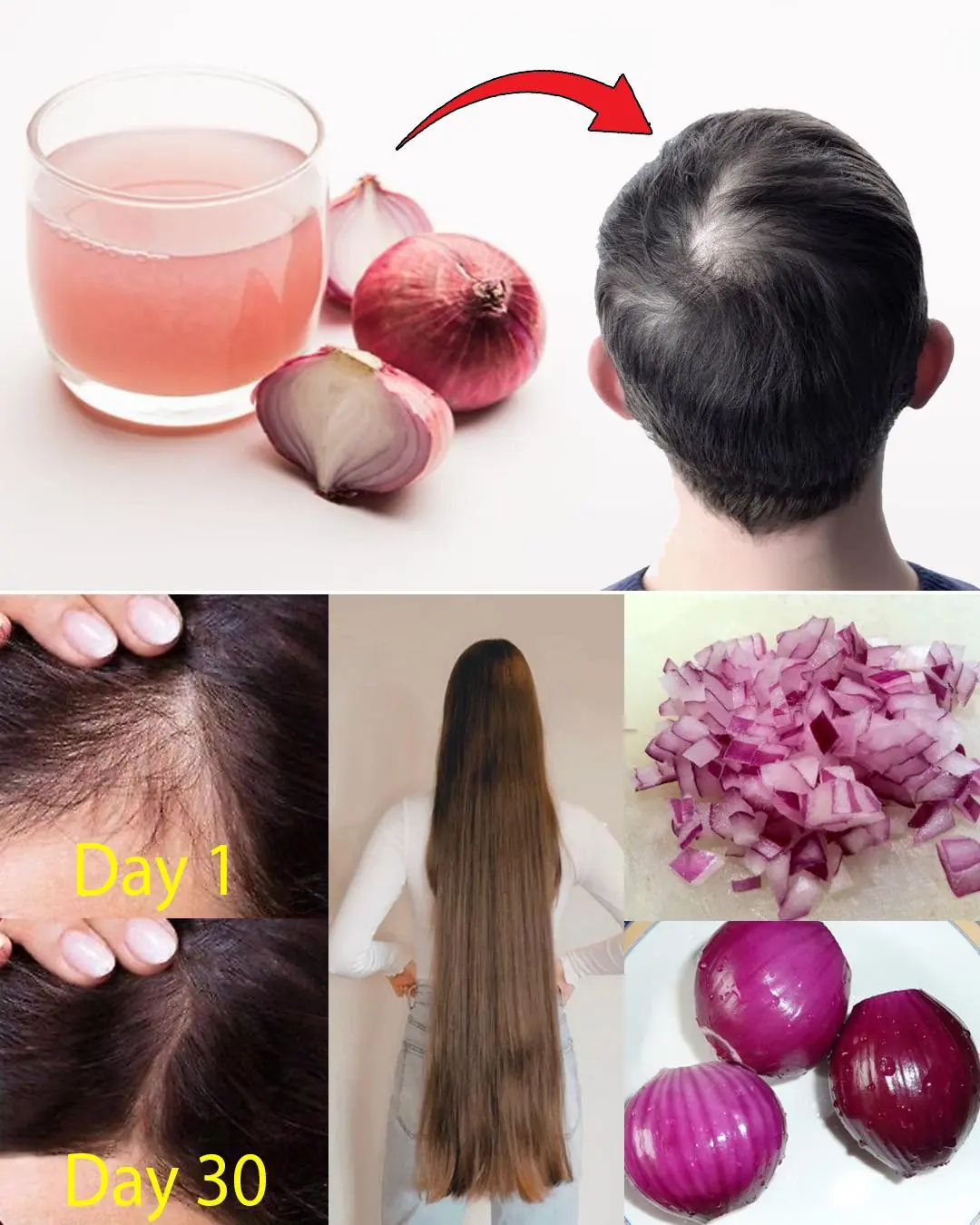
Red Onion for Hair Growth: How This Overlooked Natural Remedy Can Stop Hair Fall and Boost Thickness Fast
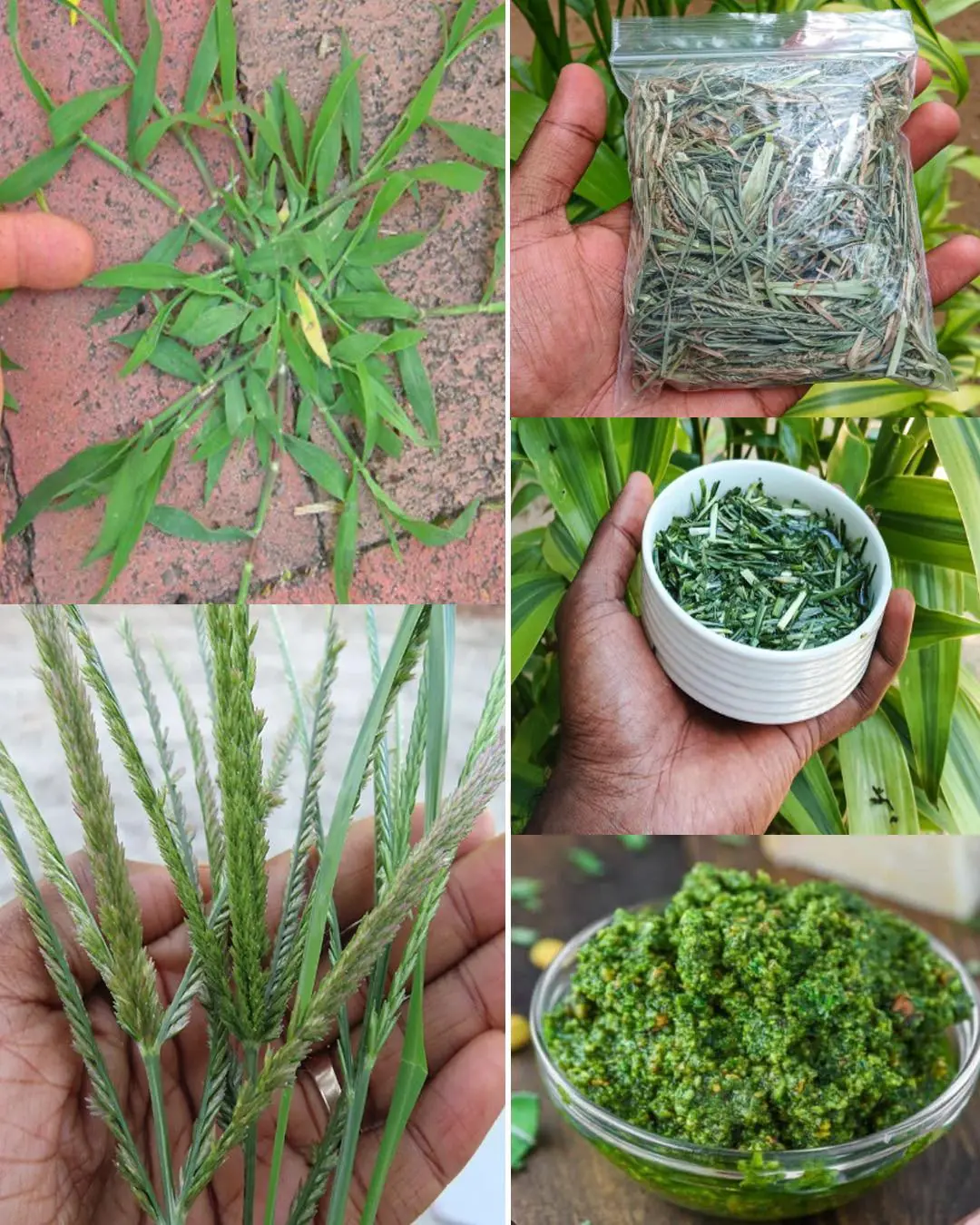
7 Key things about Crabgrass
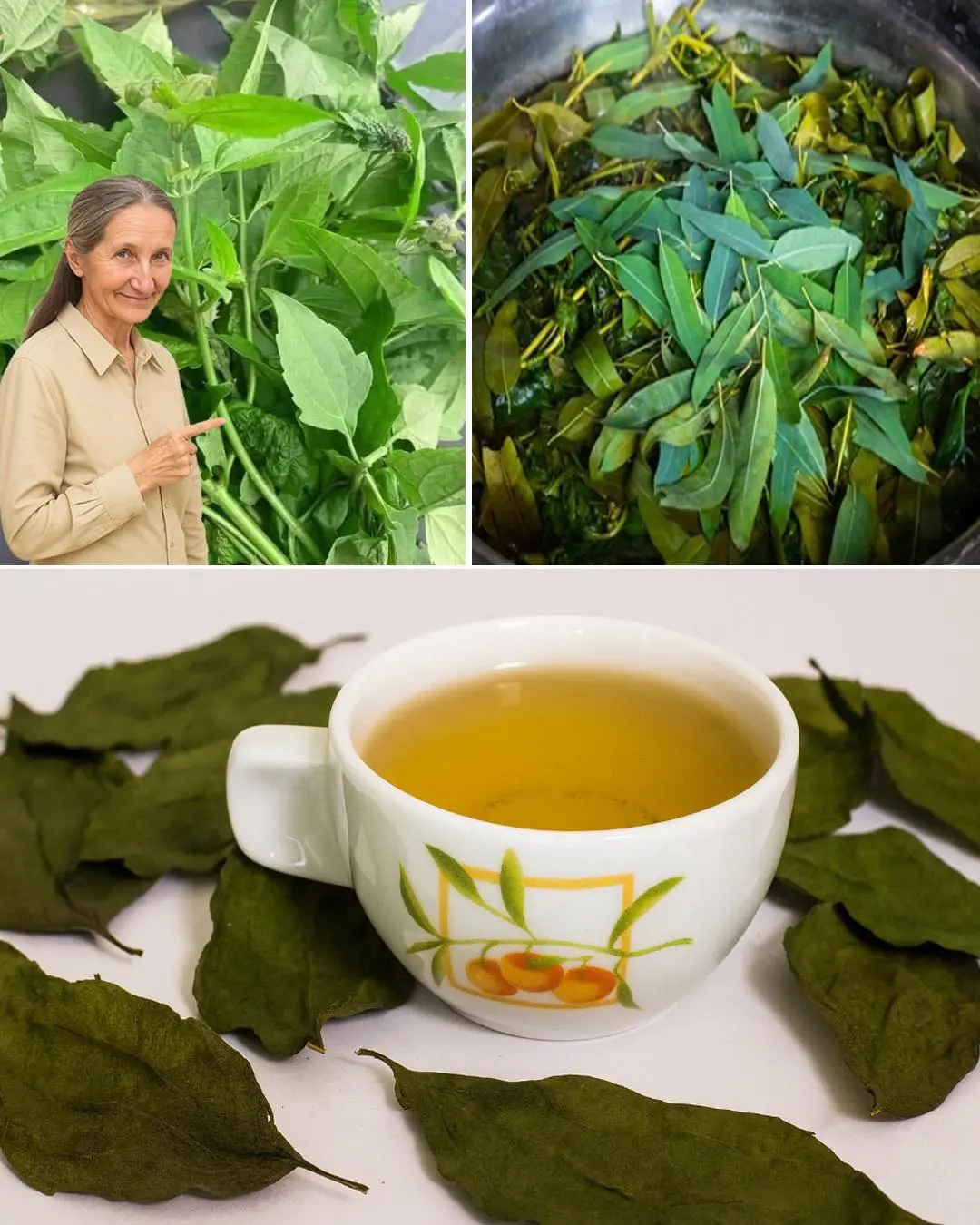
Siam Weed: A powerful remedy for multiple ailments

Benefits and Uses of Taro (Colocasia esculenta)
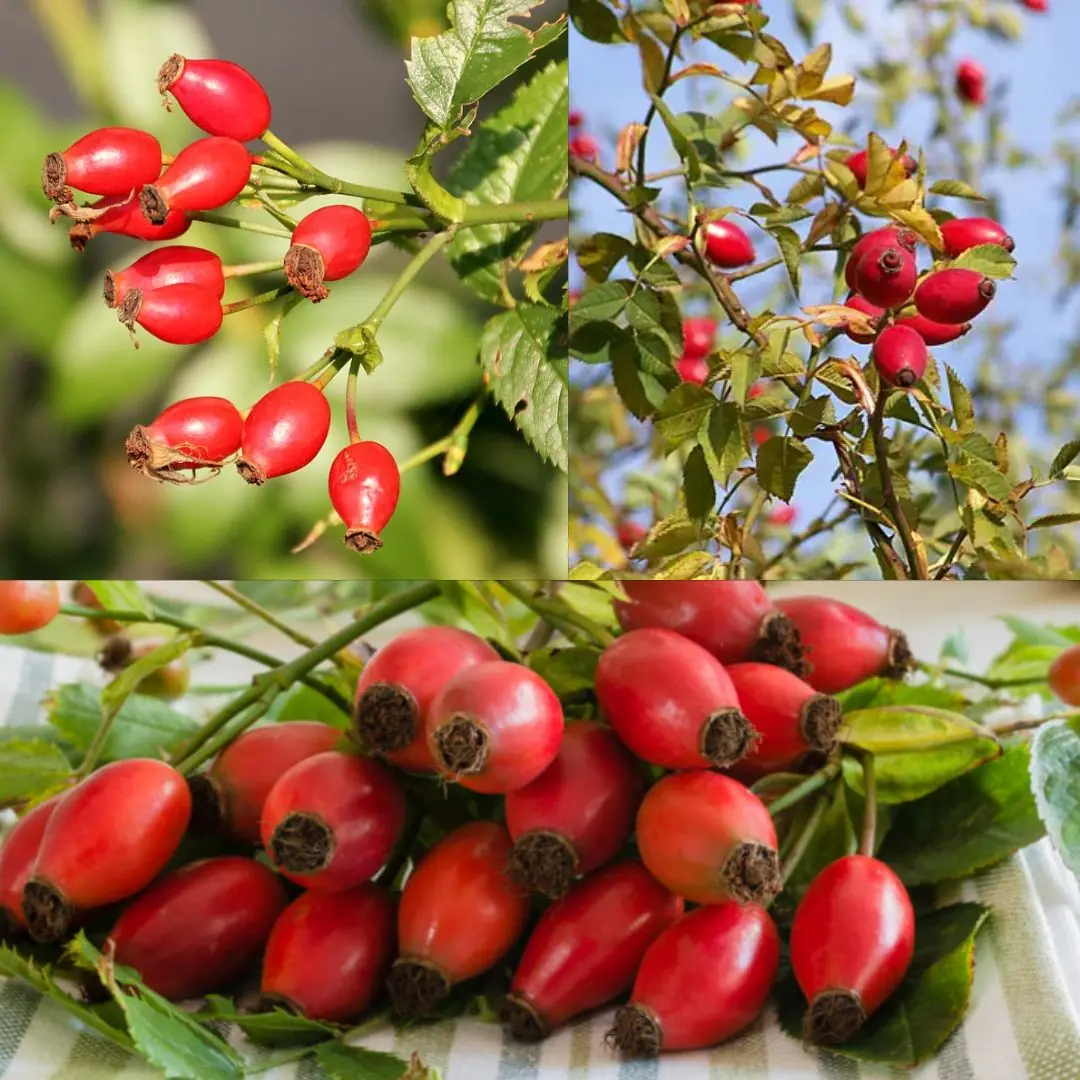
The Hidden Power of Rose Hips: Nature’s Overlooked Treasure Growing in Your Backyard
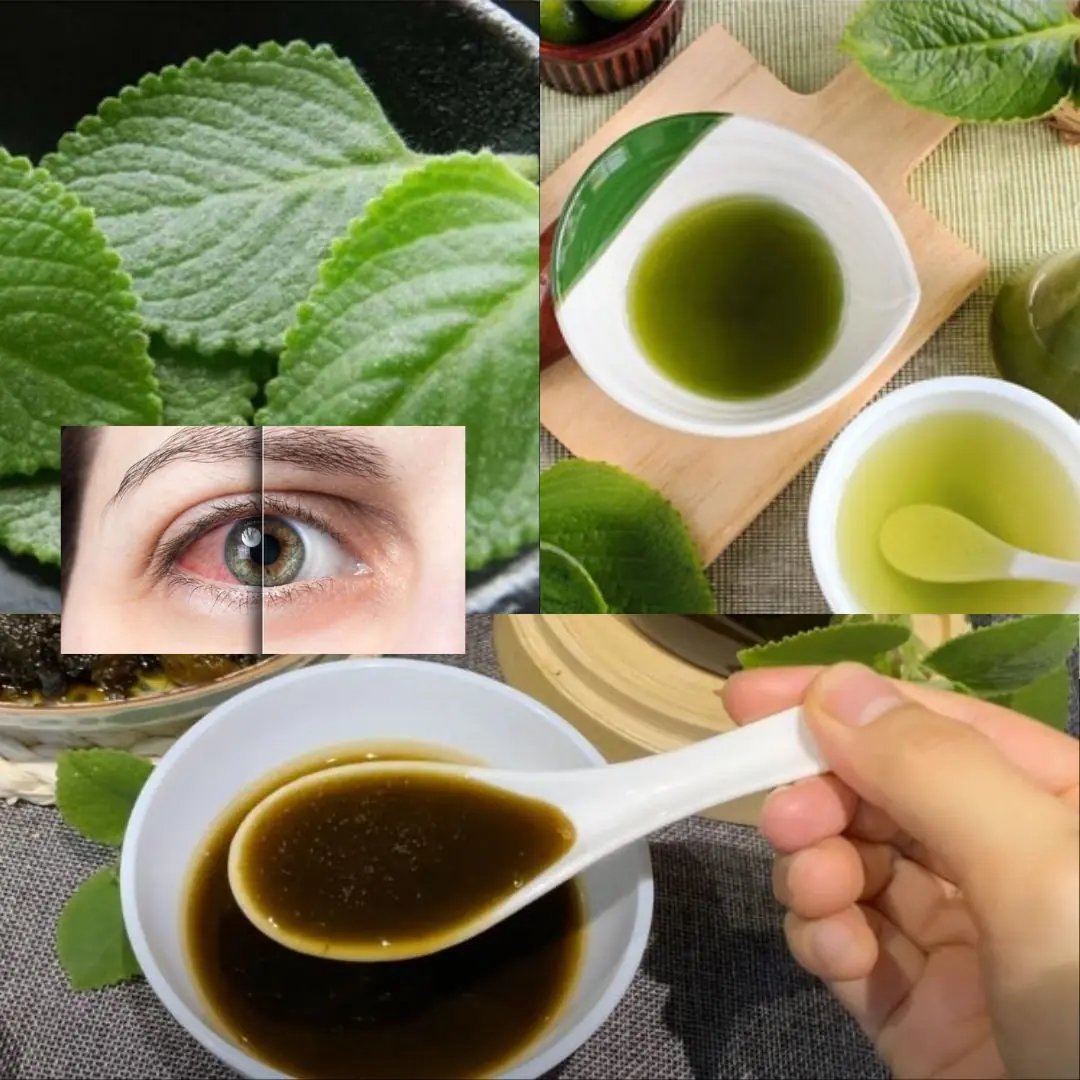
Oregano: The Golden Herb for Eye Health

Tradescantia zebrina: The Colorful Healer Hidden in Plain Sight

Only 2% Know This Ancient Spice Can Clean Lung Mucus Overnight 💥

🌿 SENIORS: This 1 Leaf DESTROYS Diabetes & Melts Belly Fat (Doctors HATE It!) | Barbara O’Neill

10 incredible ways to use dandelion

Datura Stramonium: The Enigmatic Thorn Apple Plant
News Post

DIY Natural Hair Dye: Turn Gray Hair Black Naturally at Home

Hidden Dangers on Your Plate: 4 “Clean” Foods That Can Secretly Harm Your Health

Fern Leaves Benefits and Uses: A Hidden Natural Remedy for Health and Home

Miracles happen when you put a handful of peppercorns under the bed, unfortunately I just found out now

4 Unusual Signs in Your Neck That Could Be Symptoms of Cancer — Don’t Ignore Them

The sink is clogged with hot water: Do this immediately to quickly unclog it and remove the bad smell.

6 Warning Signs in Your Legs That Could Indicate a Serious Disease — Don’t Ignore Them

How to grow sweet potatoes in soil bags using potato sprouts

How to make your own toilet deodorizer using ingredients available at home

3 Nighttime Signs That May Indicate Cancer

Yellow pillow stuffing with tiny spots that can't be washed off with soap: Soak it in this and it will be spotlessly clean.

Experienced tofu maker guides how to distinguish clean tofu and tofu containing gypsum

Heal Your Thyroid Naturally in Just 3 Days!

Side Effects and Dietary Recommendations Post Gallbladder Surgery

Beef is often tough, marinate with salt "the tougher it is": Marinate with this, the meat will be tender, stir-fry with rich flavor, delicious

The Meaning Behind the WC Toilet Sign

Don't throw away leftover cold rice, mix it with soap to solve difficult problems in the house.

Be Very Careful: If You Notice This Growth on Your Skin, It Could Be Something Serious
